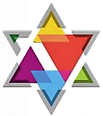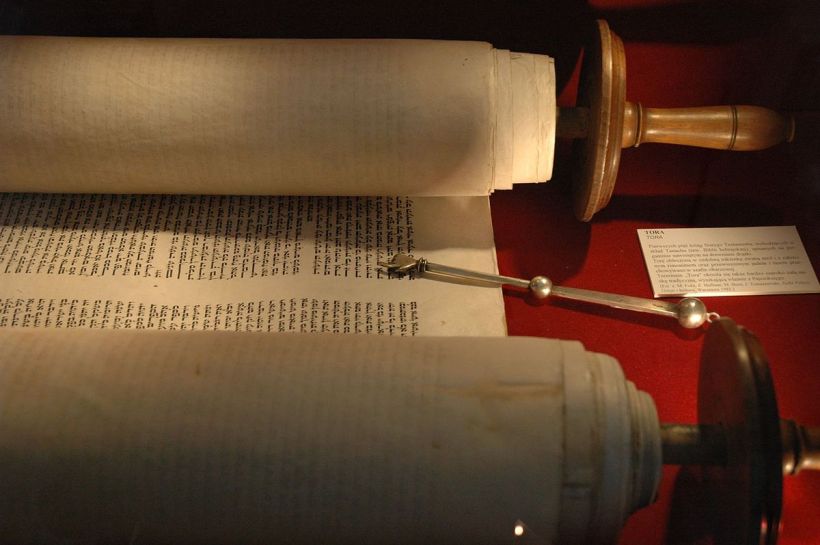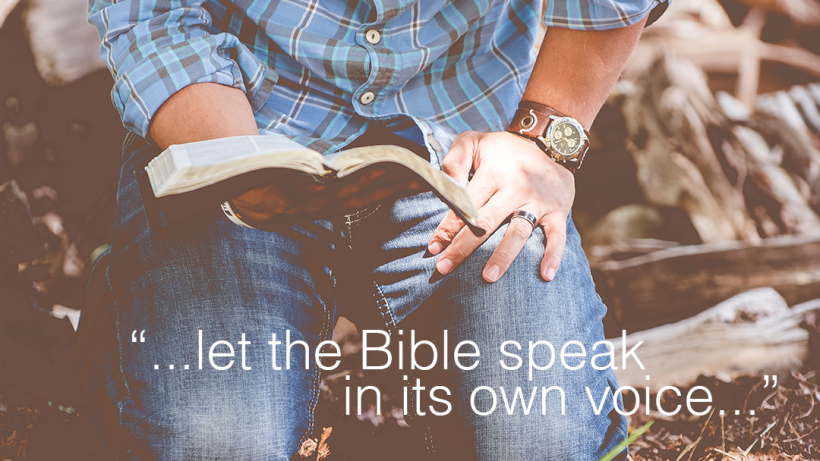A Jew would be hard-pressed to try to answer the question “what is God’s law” in a single morning’s service, but it is clear that we only may have One God above all gods, to Him, the God of Abraham belongs all worship.
Tag: Only One True God
Hidden Presence
“1 Look, a day is coming for ADONAI when your plunder, (Yerushalayim), will be divided right there within you. 2 “For I will gather all the nations against Yerushalayim for war. The city will be taken, the houses will be rifled, the women will be raped, and half the city will go into exile; but [...]
Moshe Rabbenu and Torat Moshe
Willing to communicate with mankind the Elohim giving them His Torah shot his arrows at mankind [y-r-h, "to shoot (an arrow),"] and gave them a first teacher or instructor of God's Laws, hence also often called Torat Moshe. Moshe not writing down a Fable or Fairy tale, but bringing a real life story of man or history of the peoples in an easy way to remember.
The way of looking at the Scriptures and the people in this world
At the European continent there are several descendants from saved Jews who either were brought up in another country and in an other religion by their war- or foster families, or could keep their faith but lost the knowledge of Hebrew. We also may find Jews who have found that Jeshua is the long awaited Messiah and are looking for a gathering of like-minded believers. Being myself also a reflection of time and surroundings I introduce here my aims and hopes and give an idea which bible translations I shall be using and which track I would like to be following.
A Tool to shed light over the qualities in our life 3 Menorah and 7 basic emotions
Rabbi Jeshua in many of his talks gave several examples of how we had to work at ourselves and how we should prepare ourselves to be ready and to be worthy to go through the small gate of the Kingdom of God. The characteristics we should work at to come closer in the image of God, may be presented by the lights of the menorah or seven armed candelabrum, which we can use as a handy tool for thinking about the seven basic emotions.
A Tool to shed light over the qualities in our life 2 Jews for a Messiah
Historically, any Jewish group which denied the basic principles of Jewish tradition – Torah and mitzvah-observance – ultimately ceased to be part of the Jewish people. Rabbi Jeshua never denied the basic principles of Jewish tradition, though several who call themselves Christian are not following Christ his teachings and ignore even the basic Jewish core teachings and do not want to work at the basic characteristics a child of God should have. To remind us of those elements we should work at, the Elohim has given us a useful tool to remember all those basic characteristics.
Reading to grow and to become wise concerning the most important thing in life 1 Times of reading
In ancient times on market days and the days people where free, they came together to listen to the reading of the Torah. Today any day could be used to come together to listen to the reading of the Holy Scriptures. Written and oral material was brought from one generation into an other and formed the base for the construction of many communities or religious groups and denominations.





